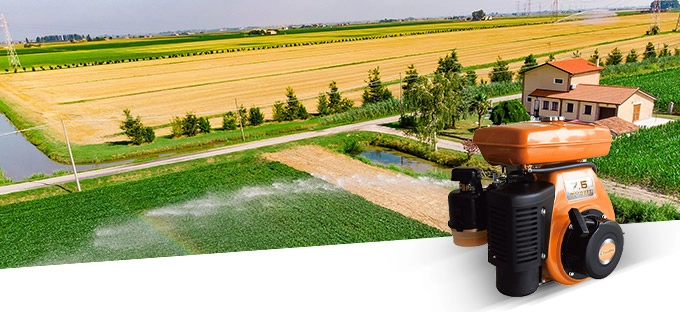The automotive industry is at the crossroads of innovation and sustainability, with a growing emphasis on eco-friendly solutions. While electric vehicles (EVs) have dominated conversations about green transportation, gasoline engines are also undergoing significant transformations to reduce their environmental impact. This article explores the eco-friendly innovations in gasoline engines, highlighting the strides made toward a greener and more sustainable future.
Efficient Combustion Technologies
Traditional gasoline engines have been notorious for their inefficient combustion processes, leading to increased emissions and fuel consumption. However, advancements in combustion technologies are changing this narrative. Direct fuel injection and stratified charge combustion are among the innovations that enhance fuel efficiency and reduce greenhouse gas emissions. These technologies optimize the air-fuel mixture, resulting in cleaner and more complete combustion.
Lightweight Materials and Design
Enhancing fuel efficiency and lowering emissions are pivotal objectives achieved through the reduction of vehicle weight. Gasoline-powered vehicle designs are progressively integrating cutting-edge materials like carbon fiber, aluminum, and high-strength steel. Lightweight materials not only enhance fuel efficiency but also contribute to better handling and overall performance.
Start-Stop Systems
To combat unnecessary fuel consumption during idling, start-stop systems have become a standard feature in many modern vehicles equipped with gasoline engines. This technology automatically shuts off the engine when the vehicle is stationary, such as at traffic lights or in heavy traffic, and restarts it when the driver accelerates. By minimizing idle time, start-stop systems significantly reduce fuel consumption and emissions.
Variable Valve Timing (VVT)
Sophisticated technology known as Variable Valve Timing adjusts the timing of the engine’s intake and exhaust valves opening and closing. Under varying driving conditions, this advancement optimizes engine performance, resulting in enhanced fuel efficiency and diminished emissions.The implementation of VVT systems guarantees the engine operates at its peak efficiency, presenting a more environmentally friendly option compared to traditional valve timing systems.
Turbocharging and Downsizing
Turbocharging involves using a turbine-driven forced induction device to increase the efficiency and power output of an engine. Downsizing, on the other hand, refers to the reduction of engine displacement while maintaining or even increasing power through the use of turbocharging. Together, these technologies allow manufacturers to produce smaller, more fuel-efficient engines that still deliver the performance expected by consumers. Turbocharged and downsized engines contribute to lower fuel consumption and reduced emissions.
Advanced Exhaust Aftertreatment Systems
Emission control technologies play a crucial role in minimizing the environmental impact of gasoline engines. Catalytic converters and particulate filters are standard components, but advanced exhaust after-treatment systems, such as selective catalytic reduction (SCR) and lean NOx traps, have become increasingly prevalent. Effectively diminishing nitrogen oxide (NOx) emissions, these systems play a significant role in reducing the major contributors to air pollution and the formation of smog.
Hybridization
The integration of hybrid technology into gasoline engines represents a significant step toward sustainability. Combining an internal combustion engine with an electric motor, hybrid vehicles enable heightened fuel efficiency and decreased emissionsRegenerative braking is frequently integrated into hybrid systems, capturing energy during braking and storing it for subsequent use. This not only enhances fuel efficiency but also contributes to a cleaner driving experience.
Advanced Lubricants
In the pursuit of greater efficiency and reduced friction, manufacturers are developing and utilizing advanced lubricants. Minimizing wear and tear on engine components, these lubricants facilitate smoother operation and enhance fuel efficiency. Additionally, some bio-based lubricants are being explored as alternatives to traditional petroleum-based options, further aligning with eco-friendly practices.
While electric vehicles continue to gain traction in the automotive industry, gasoline engines are not being left behind in the race toward sustainability. Eco-friendly innovations in combustion technologies, lightweight materials, and emission control systems are transforming the once-polluting reputation of gasoline engines. As these technologies continue to evolve, gasoline-powered vehicles are becoming cleaner, more efficient, and less environmentally impactful, offering consumers a greener alternative without compromising performance and convenience. The future of transportation may be electric, but the green side of gasoline engines is proving that innovation can make even traditional technologies more environmentally friendly.




